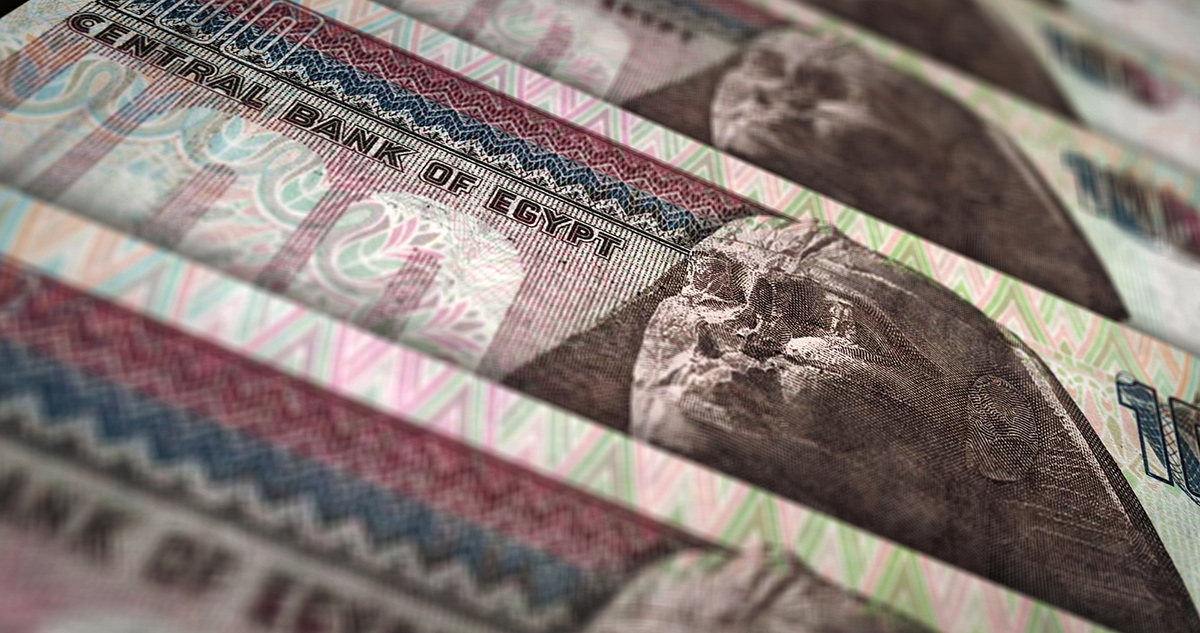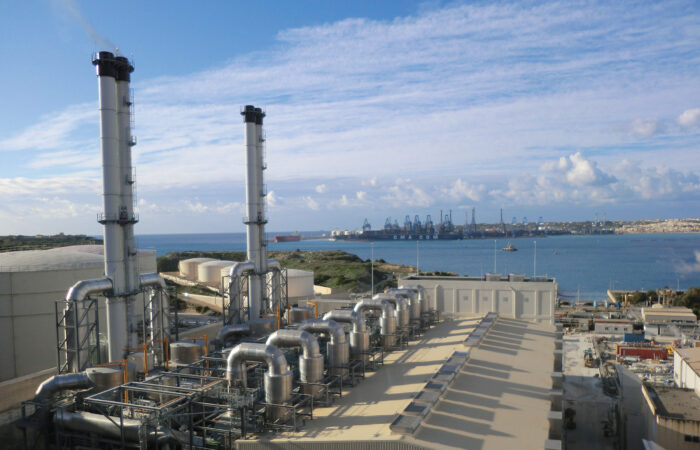Andreas Charalambous and Omiros Pissarides*
Egypt has traditionally attracted significant interest, due to its distinctive historical and cultural weight, the sheer size of the country’s area and population, its geopolitical location, and its control of the Suez Canal as a key oil and commerce artery (approximately 12% of global trade passes through the Canal), as well as its relations with Western countries. It is notably the first Muslim country which, in 1979 and following the Camp David Accords a year earlier, signed a peace agreement with Israel.
Since 2014, Egypt’s incumbent President, Abdel Fattah el-Sisi, has been promoting “Egypt Vision 2030”, which aims at modernizing and diversifying the country’s economy. With a population that exceeds 110 million inhabitants and a nominal GDP of over $400 billion, Egypt is currently the most important economy on the African continent, while it ranks among the 40 largest in the world.
Although the country possesses the largest oil refining capacity in Africa and is the principal non-OPEC producer globally, Egypt’s structural reforms program, covering key areas such as fiscal and monetary policy, privatization, taxation and entrepreneurship, has helped the country diversify away from oil, transition towards a market economy and attract increased foreign investment. These reforms have proved successful in strengthening macroeconomic performance and led to a reduction in unemployment and poverty. A particular sector on which the Egyptian government has focused is fintech: the country has pressed ahead with new laws and regulations, aimed at strengthening the local regulatory and supervisory environment. In combination with the country’s very sizeable young and literate population (as of 2023, around 60 million Egyptians are estimated to be under 30 years old), the new rules are expected to contribute to Egypt’s rise as a fintech player.
This is not to state that the Egyptian economy is not faced with significant challenges. On the contrary, serious deficiencies in the functioning of its institutions, as well as a general deficit in corporate governance principles have continued to plague the country, as has the absence of rudimentary real estate planning, compounded by public mega-projects such as Egypt’s new administrative capital, which was announced in 2015 as part of Vision 2030. With inflation estimated at around 35%, nearly 40% of the population below the poverty line and a per capita GDP of around $3,750, there is still a lot to be done.
The Egyptian authorities appear to be aware of the core challenges, as is the international financial community. On the 6th of March, the IMF announced that it would increase its current loan programme with Egypt to $8 billion, a massive expansion compared to the $3 billion extended fund facility that was agreed back in December 2022. A key consideration, at the time, was the shift to a more flexible exchange rate system. However, the programme stalled when Egypt reverted to keeping its local currency, the Egyptian pound, at a tightly managed rate, amid simultaneous delays to an ambitious programme to divest state assets and amplify the private sector’s role. The consequent devaluation of its currency and the resulting inflation, which contributed to the cost-of-living crisis in the country, left Egypt’s Central Bank with no option but to agree to allow its currency to trade freely.
The recent war in Gaza and the broader geopolitical developments have added to Egypt’s problems, and gave rise to new concerns in relation to the country’s course. Due to the ongoing socioeconomic challenges, President Sisi faces the risk of radicalization of a segment of the population, as a result of the prevailing conflict and fanaticism. Regrettably, destabilization of Egypt would probably lead to an uncontrolled flow of refugees to Europe. Recognizing the importance of avoiding a Libya- or Syria-style crisis, and the related human and financial hardships for all involved, European leaders recently announced a €7.4 billion aid package, as part of the EU’s intended upgrade of its relations with Egypt. The financial support has a duration of three years and aims, among others, to strengthen cooperation on energy, trade and security issues, and to contain the number of migrants to Europe. The funding is spread between €5 billion of concessional loans, €1.8 billion of investments and €600 million in grants, of which €200 million is targeted towards managing migration issues.
While examining the main factors that, despite the reform efforts, explain the intensifying socioeconomic challenges in Egypt, we may highlight: (a) the loss of revenue due to the actions of the Houthi rebels in the Red Sea, which have forced international shipping to bypass the Suez Canal, (b) the increasing wave of Palestinian refugees into Egypt, which already hosts half a million refugees from other neighbouring countries such as Sudan, (c) the disruptions in gas supplies from Israel, and (d) the limited tourism revenues due to the fears of terrorist acts.
The geographical proximity of Cyprus to Egypt requires vigilance and allows very little room for complacency. The participation of the President of our country in the delegation of the six European leaders that met with President Sisi in Cairo in March was a positive event, as well as the firm support of Nicosia in the development of a strategic partnership, which views Egypt as a pillar of stability and development in the wider region.
*Andreas Charalambous and Omiros Pissarides are economists.




